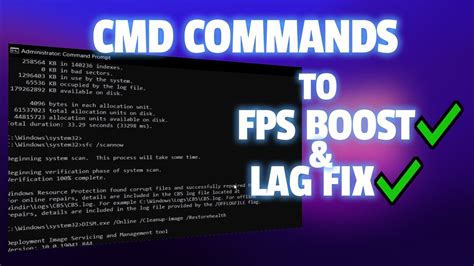In the world of Unix utilities, few tools are as iconic as `wc`, the word count program. Enthusiasts and professionals alike rely on it for its simplicity—counting lines, words, and characters in text files. But the unassuming `wc` command is also a hotbed of innovation, spawning countless debates on optimization techniques, from state machines to SIMD (Single Instruction, Multiple Data) implementations. Though on the surface, it seems an ideal candidate for mundane text parsing, the underlying complexities, especially with modern character encoding and performance demands, make it a fascinating case study in software optimization.
The conversation starts with state machines, a concept that’s prevalent but often underappreciated. State machines allow you to manage the different states and transitions within an application efficiently. They ensure that invalid states are unrepresentable, a significant benefit when debugging. Lesuorac explains that by implementing a state machine, you can avoid common pitfalls like spurious `null` values and unexpected states. This approach seems particularly useful for `wc`, which many might think of as a simple special character counter. When you encounter a character followed by a space, you increment the word count—a task apparently suited for a state machine model.
In response to Lesuorac’s viewpoint, another user, munchler, highlights an alternative approach: using languages that support discriminated unions. These unions ensure each case represents a valid state, simplifying state management without needing a low-level state machine. Munchler’s emphasis on functional programming languages brings another layer of discussion, suggesting that perhaps the best way to manage state is to avoid low-level constructs altogether, opting instead for languages that inherently support safer state transitions. Functional programming, with its immutable data structures and clear state representations, might offer a simpler and more robust alternative.
However, when discussing state machine approaches, it’s crucial to compare them with string handling and space-checking functions like `mbrtowc()` and `iswspace()`. The real optimization challenge lies in these functions, which handle multi-byte character parsing and space testing. State machines theoretically offer improvements by reducing the redundant work these functions perform. The practical upshot, as seen in wc2’s readme, is streamlining operations to avoid unnecessary parsing of substrings. This discussion harks back to tialaramex’s comment on making


Leave a Reply